RADIANT: Realising dynamic value chains for underutilised crops
October 13, 2021
Biodiversity is hugely important for the functioning of natural systems, and restoring biodiverse ecosystems is an essential part of our fight against climate change. Biodiversity is key to food, nutrition and economic security, particularly for small farmers and farming communities in rural areas. There are around 259,000 plant species on our planet, of which 50,000 …
Evolving grass pea from ‘orphan’ crop to staple food
September 8, 2021
This post is written by Drs Peter Emmrich and Levi Yant. Malnutrition from protein deficiency is a widespread problem and concern. Populations in the developing world are at particular risk due to the higher costs of animal proteins when compared to plant proteins. These populations therefore tend to rely on protein-rich plant-based foods like beans, …
How can the winged bean improve our futures? An interview with Chong Yuet Tian
October 2, 2020
Tian is a Future Food Beacon Malaysia PhD student under the supervision of Prof. Festo Massawe, Dr. Hui Hui Chai and Dr. Ajit Singh. She obtained a BSc (Hons) in Agricultural Science before joining University of Nottingham Malaysia to research genetic improvement of crop plants, especially minor and underutilised crops. She is currently researching winged …
Crops for the future: the case of the winged bean – by Chong Yuet Tian
September 30, 2020
Future Food Beacon researchers in Malaysia and the UK are working with partners globally to utilise crop diversity to plug gaps in food production. We aim to address nutrition security challenges by making a diverse range of healthy food crops available and accessible to all. In addition to the flagship project on Bambara groundnut, Future …
Understanding genetic variation in winged bean: an interview with Niki Tsoutsoura
July 1, 2020
Niki is a PhD candidate with the Future Proteins Platform. Niki holds an MSc. in Crop Improvement from the University of Nottingham. During her MSc studies, she became familiar with underutilised crops like winged bean. Underutilised crops are relatively underexploited as they have low economic importance or agricultural significance in developed economies, therefore they receive …

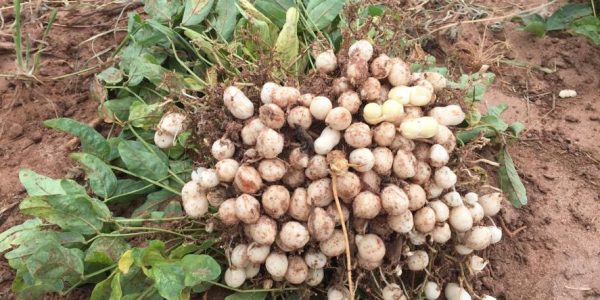
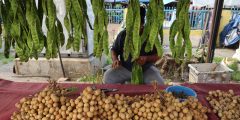
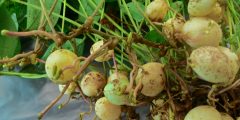
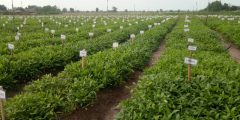
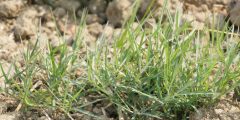





Recent Comments